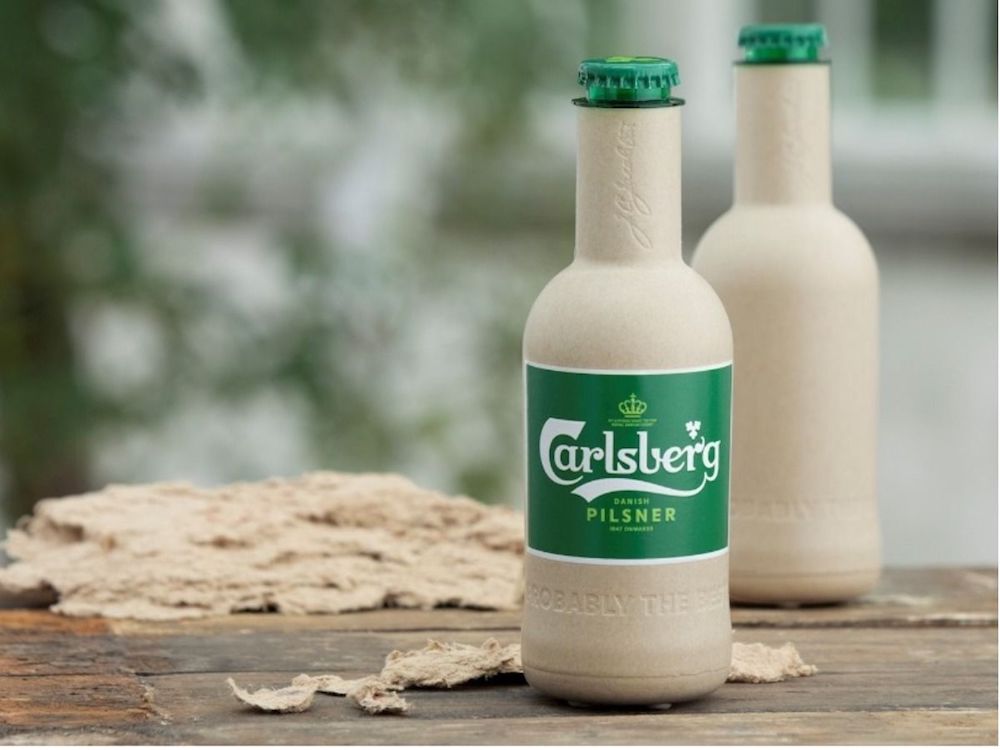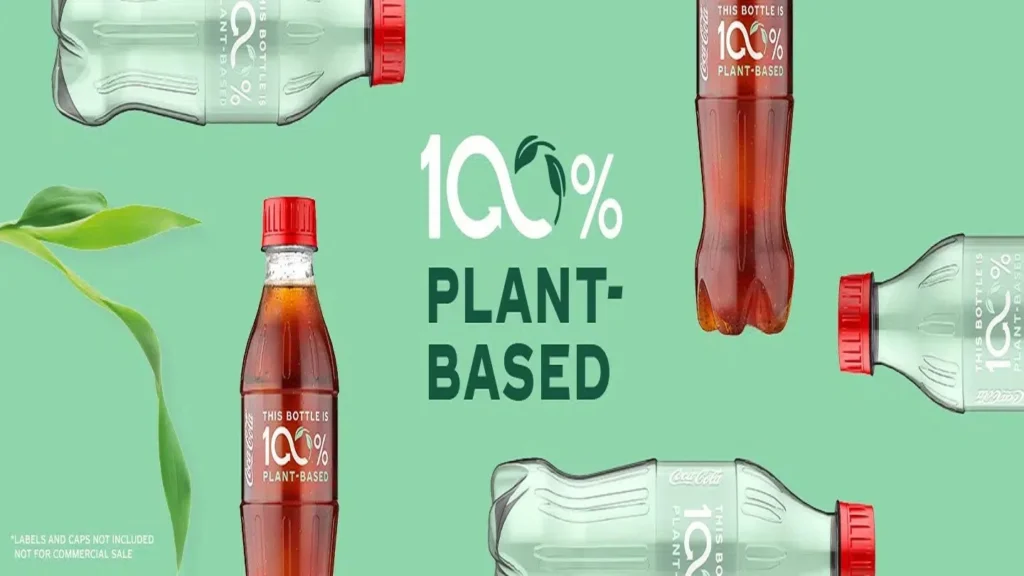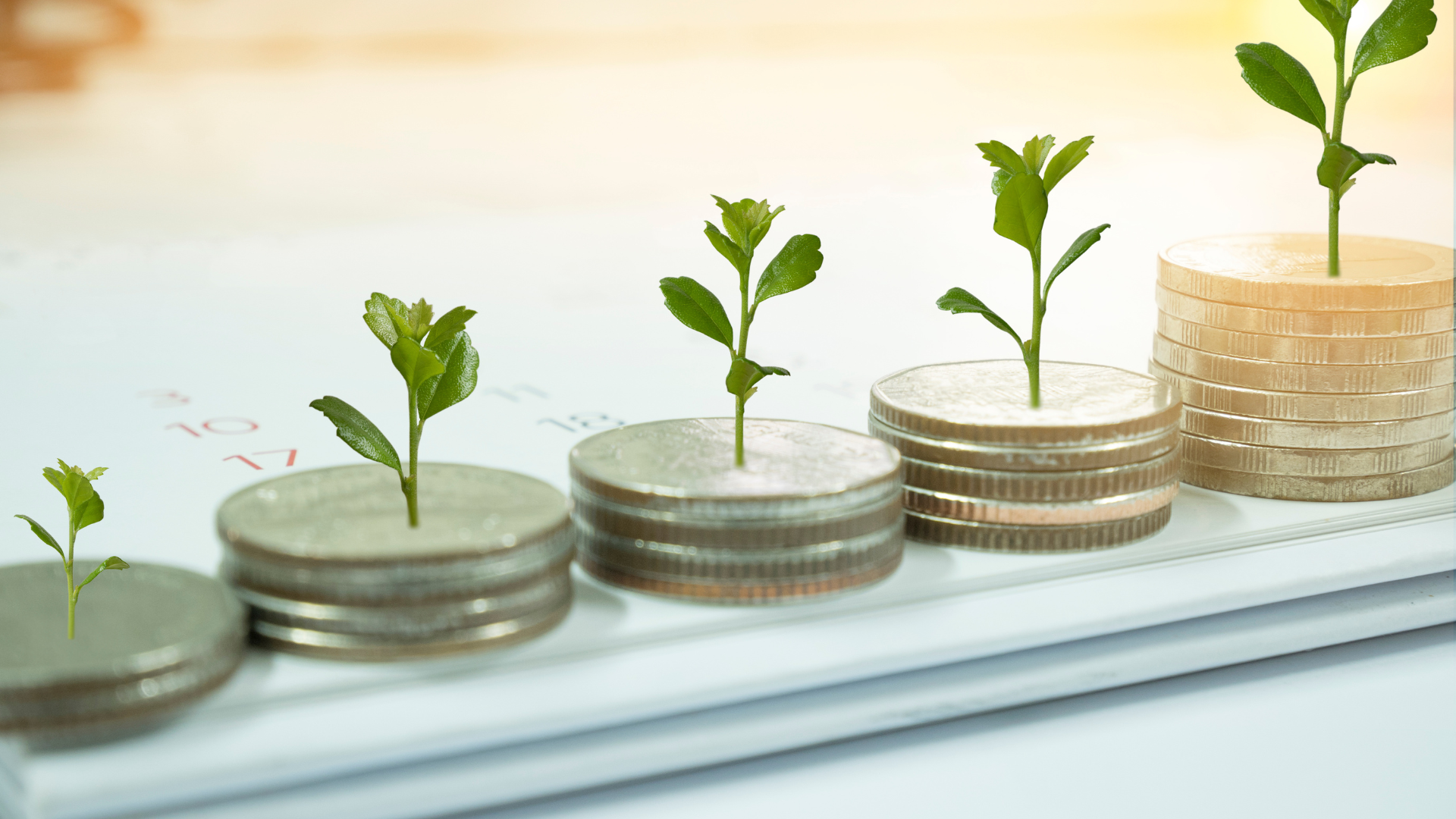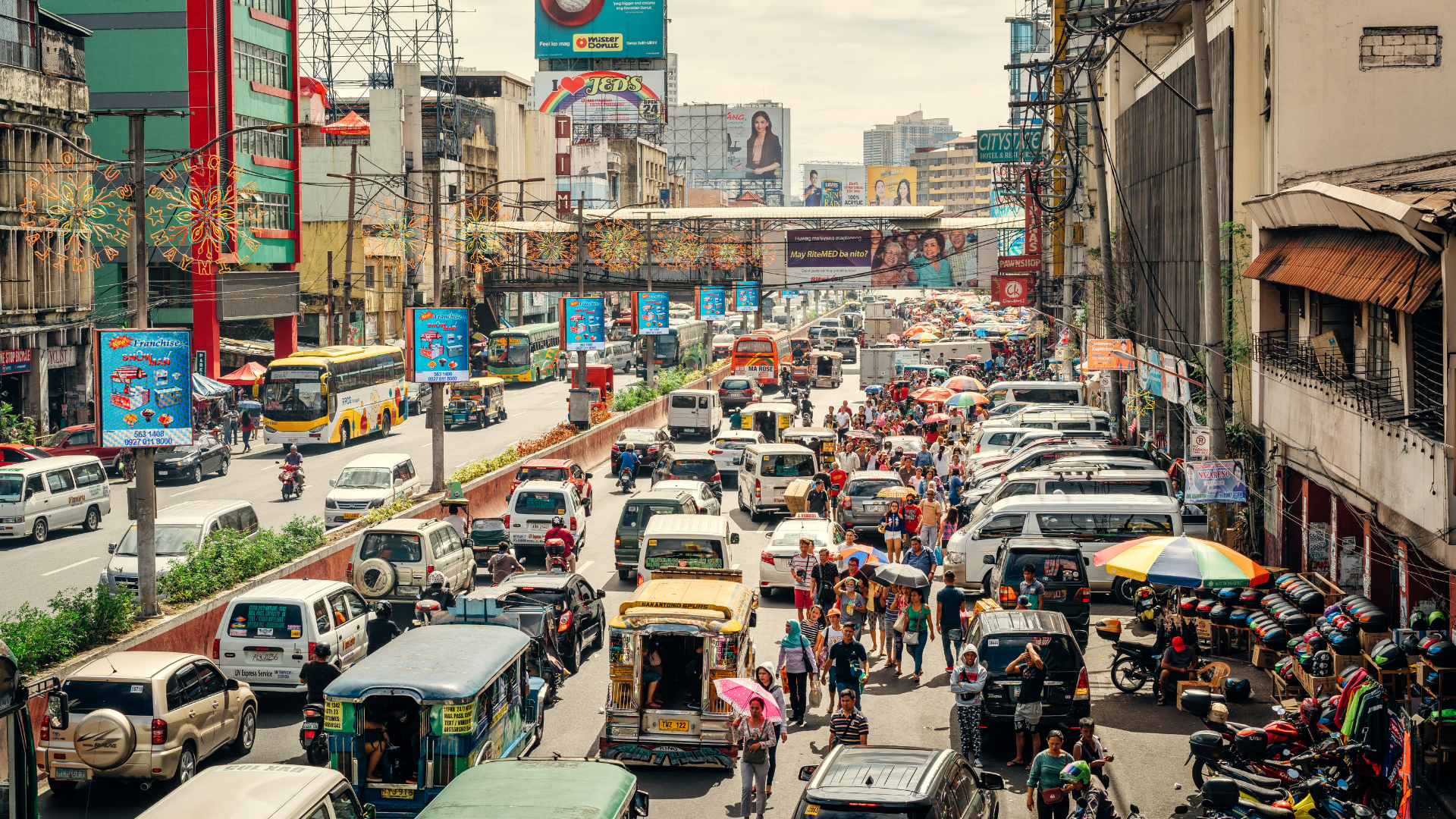Sustainable packaging revolves around developing packaging that has a minimal ecological footprint, demonstrating a commitment to preserving our planet. In sustainable packaging research, the ultimate objective is to obtain packaging materials responsibly, ensuring they are well-designed, safe, cost-effective, and high-quality throughout their lifecycle. According to Mordor Intelligence, the sustainable packaging market will be valued at approximately USD 292.71 billion in 2024. Over the forecast period from 2024 to 2029, the market is expected to witness substantial growth, reaching an estimated value of around USD 423.56 billion, with a notable compound annual growth rate (CAGR) of 7.67%.
Growth Projection and Sustainable Shift in The Beverage Packaging Industry
According to Fortune Business Insights, the global beverage packaging market is expected to expand from USD 144.40 billion in 2023 to approximately USD 217.54 billion by 2032. This represents a compound annual growth rate (CAGR) of 4.70% during the forecast period. The beverage packaging industry is adopting sustainable and environmentally friendly approaches to balance convenience, cost-effectiveness, and environmental responsibility. These changes are driven by the need to meet consumer expectations and comply with evolving regulatory requirements.
Sustainable Packaging Trends in the Beverage Industry
With the industry evolving, several key trends in sustainable packaging have emerged. Brands are innovating to meet sustainability goals and consumer demands. Here are some notable trends:

- Smart Packaging: Beverage brands use QR Codes in numerous forms to connect consumers to the digital world, providing them with quick links to nutritional information or grabbing their attention with interactive promotional content.
- Paper-based Bottles: Polyethylene furanoate (PEF) is an organic polymer with similar properties to PET. Frugalpac, a British company, created the Frugal Bottle using layers of recycled paperboard fused with water-based
- Plant-Based Packaging: Plant-based materials such as sugarcane-based polyethylene and cellulose are used for packaging. Carlsberg developed a biobased beer bottle, and Coca-Cola partnered with various tech companies to build a bottle prototype made entirely from plant-based sources.
- PET (polyethylene terephthalate) Bottles are replacing Glass Bottles. They are made of 100% recyclable plastic and are used as classic packaging for beverages like beer, wine,
Challenges Faced by The Industry in Implementing Sustainable Packaging Practices
Despite these advancements, the industry faces significant challenges in fully implementing sustainable packaging practices.
- Cost of Sustainable Packaging: Sustainable packaging incurs higher costs than conventional packaging. Procurement of materials, less developed supply chains and manufacturing processes, and limited economies of scale associated with sustainable packaging are some factors attributed to its high cost.
- Food Safety and Regulatory Compliance: The FDA rigorously regulates packaging that directly interacts with food to uphold high standards for labeling, materials, and contact. With regulations constantly evolving and differing across borders, compliance poses a complex challenge as the industry continues to globalize.
- Optimising Material Performance to Protect Goods: Sustainable materials are required to exhibit the same level of performance as non-sustainable alternatives when utilized for packaging. The primary function of packaging is to safeguard the items it contains, leaving no room for compromises in this regard.
Sustainable Materials for Beverage Packaging
To overcome these challenges, the industry is exploring various sustainable materials.
- Cellulose: Cellulose is a complex carbohydrate in plants’ cell walls. Its versatility (cellulose film, paperboard, films) allows for its wide range of applications.
- Bioplastics: PLA and PHA are commonly used bioplastics made from renewable resources.
- Aluminium Cans: Aluminium is highly recyclable, and its lightweight nature reduces transportation-related emissions, resulting in a low carbon footprint.
- Flexible Drink Pouches: Flexible drink pouches present a viable, sustainable alternative to conventional rigid packaging. They are made from lightweight materials like recyclable plastics or compostable films.
Comparison of different sustainable materials for beverage packaging
|
Material
|
Environmental Impact
|
Resource Efficiency / Source
|
Recyclability
|
Packaging Performance
|
Cost And Affordability
|
|---|---|---|---|---|---|
|
Cellulose (Paper Bottles)
|
Biodegradable, Low carbon footprint
|
Sourced from renewable sources
|
Highly recyclable
|
Moderate barrier properties, Moderate durability, not ideal for carbonated beverages
|
Higher cost than PET plastic
|
|
Bioplastics (PLA, PHA)
|
Biodegradable
|
Made from renewable sources
|
Varies depending on the type
|
Good barrier properties (Similar performance to traditional plastics), not ideal for hot beverages
|
Higher cost than traditional plastics
|
|
Flexible Drink Pouches
|
Reduced carbon footprint compared to rigid packaging
|
Lightweight, reducing transportation emissions
|
Varied depending on material composition
|
Flexible and lightweight, Flexible for various shapes
|
Cost Effective
|
|
Plant-Based Packaging
|
Biodegradable, Reduced carbon footprint compared to conventional plastics
|
Made from renewable sources
|
Limited recyclability
|
Moderate barrier properties, not ideal for long shelf life
|
Higher cost than PET plastic
|
|
Aluminum Cans
|
Highly recyclable
|
Lightweight, reducing transportation emissions
|
Excellent recyclability
|
Excellent barrier properties, Good for carbonated beverages
|
Moderate cost, Lower cost than glass
|
- Cellulose or bioplastic options become attractive when minimal environmental impact is prioritized at the end of a product’s life cycle.
- For situations where recyclability is a crucial concern, recycled Aluminium Cans or Cellulose with well-established recycling programs are excellent options.
- If cost is the primary factor, recycled Aluminium Cans or Flexible Pouches are the most suitable solutions.
Regulations On Sustainable Packaging
Regulations on sustainable packaging in the beverage industry promote recyclable materials, recycled content, clear labeling, and the reduction of single-use plastics. They aim to minimize environmental impact, encourage responsible packaging practices, and foster a shift towards more sustainable alternatives.
Vital regulatory bodies and their initiatives:
- Food and Drug Administration (FDA) – United States: The FDA regulates and sets standards for food safety, including beverages, ensuring compliance with labeling requirements, ingredients, and manufacturing practices.
- European Food Safety Authority (EFSA) – European Union: EFSA provides scientific advice and guidance on food and beverage safety to the European Commission and member states, ensuring the safety and integrity of beverages in the EU market.
- Food Standards Agency (FSA) – United Kingdom: The FSA sets regulations and guidelines for food and beverage safety, including labeling requirements, hygiene standards, and allergen management.
- Ministry of Health, Labour and Welfare (MHLW) – Japan: The MHLW regulates the safety and quality of beverages in Japan, overseeing labeling, quality standards, and strict regulations for alcoholic beverages.
- Australian Food Standards Agency (FSANZ) – Australia: FSANZ develops and implements food standards, including beverage regulations, to ensure safety, nutritional information, and quality standards.
The regulatory efficacy of Extended Producer Responsibility (EPR) programs is gaining widespread recognition for their success in combating packaging waste. Manufacturers and brand owners are responsible for ensuring their packaging materials’ proper handling and disposal.
These regulatory bodies work towards enforcing hygiene, safety, and labeling requirements, setting guidelines for sustainable packaging, and monitoring the overall quality of beverages to protect consumer health and promote industry integrity.
Benefits Of Sustainable Packaging in the Beverage Industry
Embracing sustainable packaging brings numerous benefits to the beverage industry.
- Environmental benefits: Sustainable packaging promotes eco-friendly practices, benefiting the environment by reducing carbon footprints, conserving resources, reducing waste, increasing recycling, protecting ecosystems, and educating consumers for a more sustainable future.
- Economic benefits: It offers economic benefits through cost savings, improved brand value, regulatory compliance, efficient supply chains, extended shelf life, and access to green markets. It allows companies to reduce costs, attract customers, meet regulations, and unlock new business opportunities.
- Social benefits: It brings social benefits such as environmental conservation, resource conservation, waste reduction, public health promotion, consumer awareness, community engagement, and fostering innovation and collaboration. It contributes to a healthier environment and encourages sustainable practices and behavior.
Examples of companies successfully implementing sustainable packaging practices
To illustrate the real-world impact of sustainable packaging, let’s look at some case studies of companies that have successfully implemented these practices:
- Carlsberg Group: Carlsberg Group has developed an eco-friendly and innovative packaging solution, “Snap Pack” technology, to reduce plastic waste in the beverage industry. This technology eliminates the traditional plastic rings that hold together packs of beer cans and instead bonds the cans using a small amount of glue. This technology has reduced 76% of plastic waste, and more than 1,200 tons of plastic are used annually. It enhanced logistics efficiency by enabling more packs to be stacked, reducing transportation costs and carbon emissions. Carlsberg’s ambitious goal is to phase out plastic rings entirely from its entire line of beers by 2025, further reducing plastic waste in the beverage industry.
- Coca-Cola: Coca-Cola has introduced plant-based bottles made from renewable sources like sugarcane and corn, which are entirely plant-based and can be recycled, reducing reliance on fossil fuels. The company also prioritized using recyclable materials and adopted the lightweight approach to reduce plastic in packaging. Coca-Cola invests in packaging innovation and collaborates with stakeholders and tech partners to foster a sustainable packaging ecosystem.
- Paper Boat: Paper Boat has made sustainable packaging an essential aspect of its brand identity. They introduced Tetra Pak cartons created from renewable resources, guaranteeing complete recyclability of the packaging. This environmentally friendly approach minimizes their ecological footprint and resonates with consumers who prioritize sustainability. By strongly emphasizing sustainable packaging, Paper Boat has seen increased brand value and customer loyalty.
Conclusion
The beverage industry's shift towards sustainable packaging is a transformative movement with significant environmental, economic, and social benefits. Companies can achieve long-term sustainability goals by overcoming challenges such as higher costs, regulatory compliance, and material performance. Through continuous innovation, strategic partnerships, and adherence to global regulations, the beverage industry can lead the way in responsible packaging, ensuring a more sustainable and resource-efficient future.
Talk to One of Our Experts
Connect with us to explore how we can collaborate on creating eco-friendly packaging solutions that benefit both your business and the environment.



